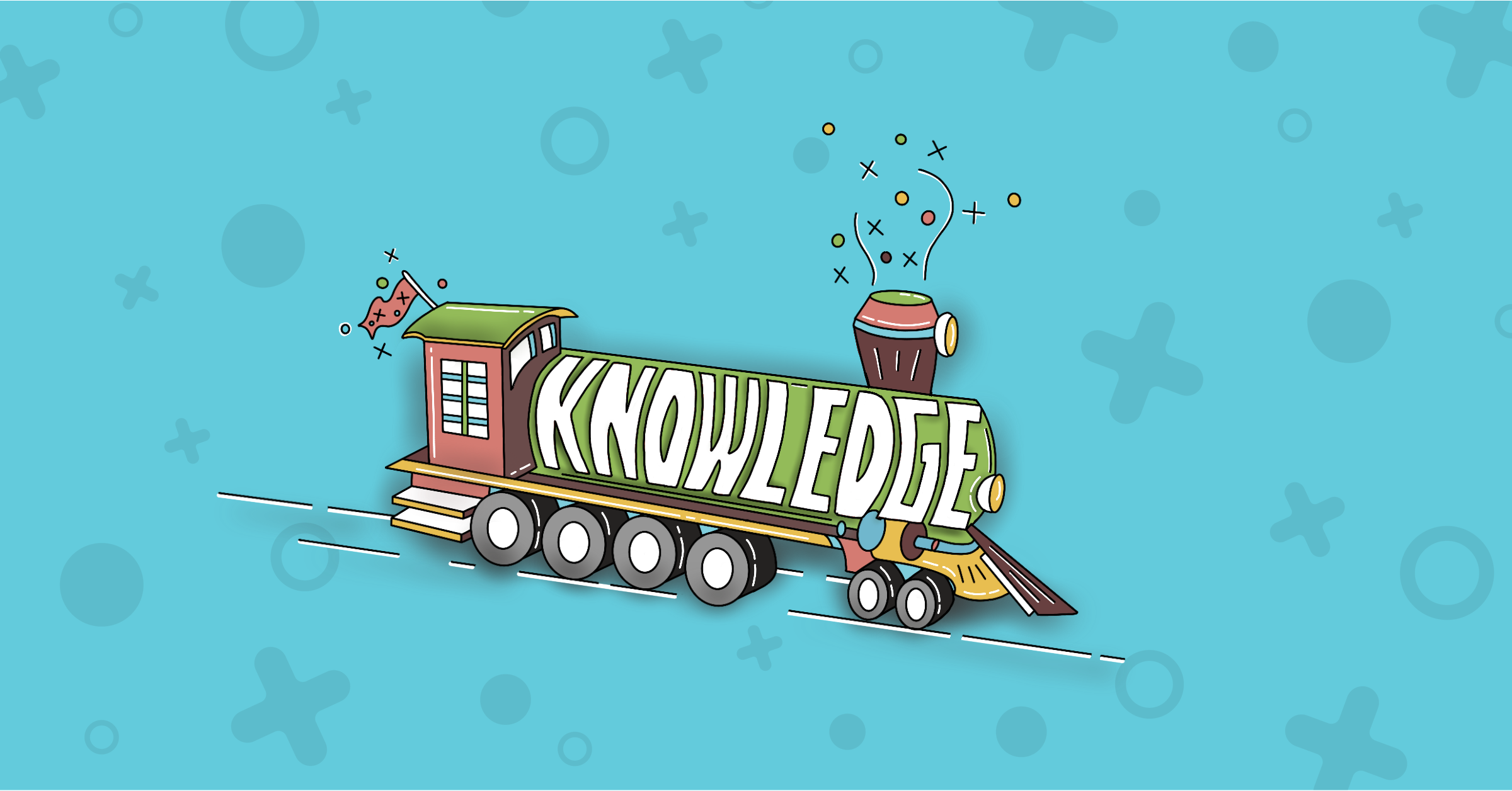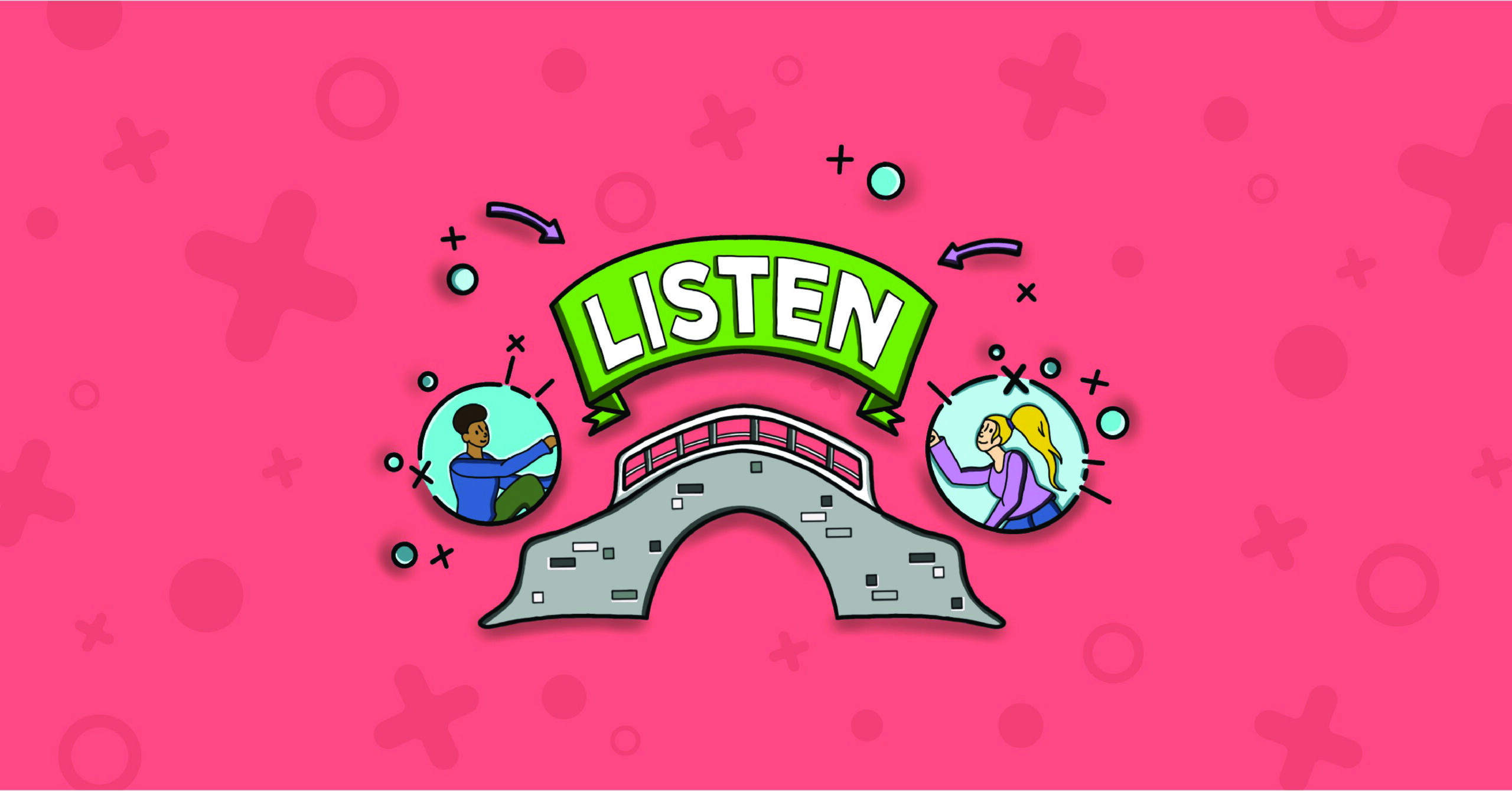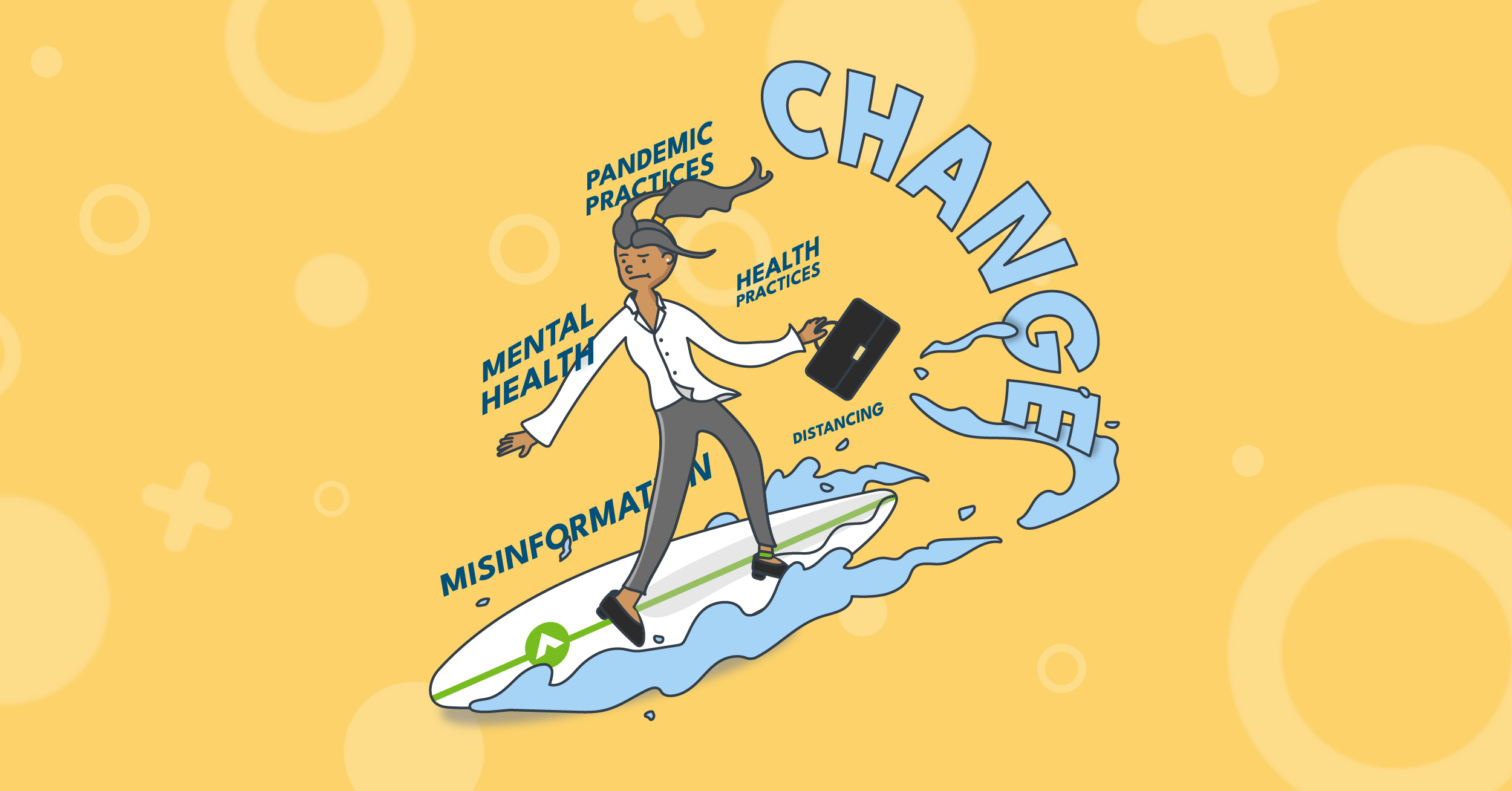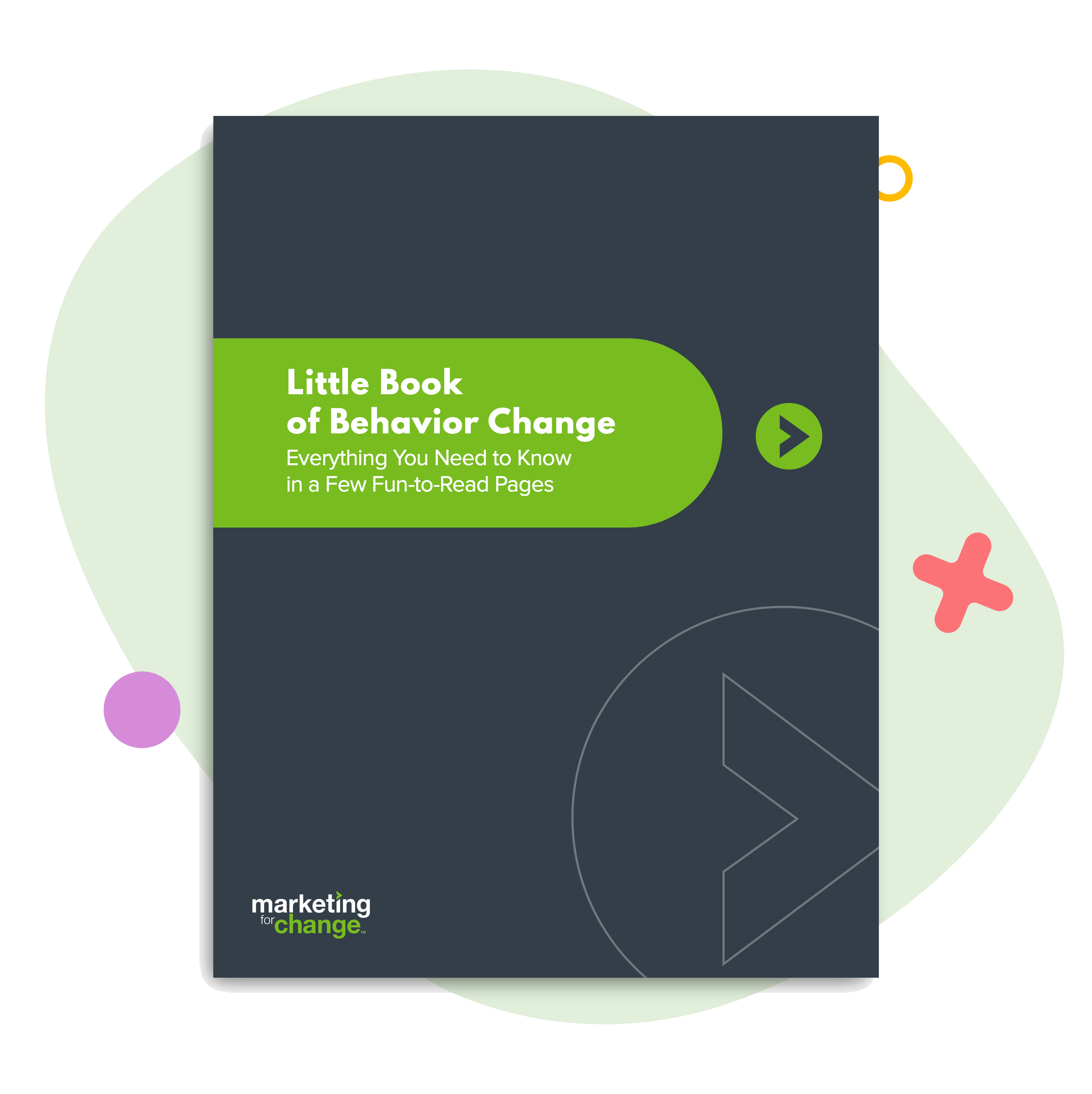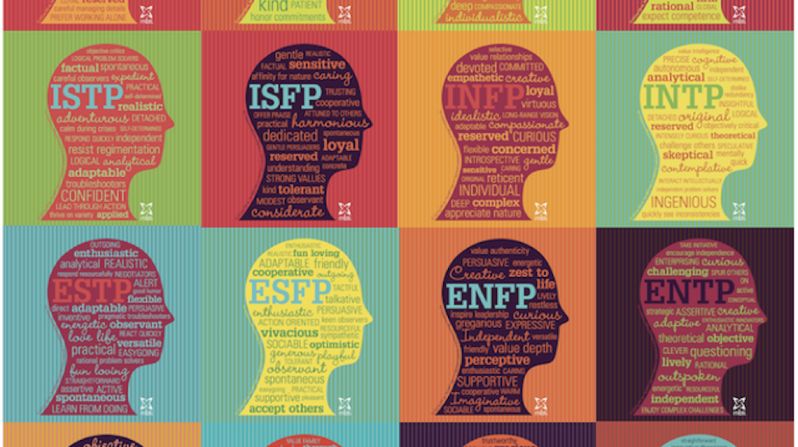
What Do Personality Tests Say About Your Company Culture?
My college-age daughter, as a joke, recently did my astrological birth chart. Although some results rang true, others did not — just like my Myers-Briggs personality test.

Google “Myers-Briggs Science” and the No. 2 and 3 autofill options are “Myers-Briggs Junk Science” and “Myers-Briggs Bad Science.” It is easy to quickly find a host of not-fake news stories (NPR, Forbes, Psychology Today, The Washington Post) questioning the validity of the lengthy assessment that categorizes people into 16 personality “Types.”
Critics say Myers-Briggs is no better than the free tests your friends share on Facebook. (What is your color? I’m Silver.) But MBTI is a multi-million dollar enterprise that is entrenched in business, education, and government, and some 2 million people worldwide take the assessment each year.
How has something with so little evidence behind it spread worldwide? I think, for one thing, you can blame business-culture norms, which sometimes take the shape of entrenched “best practices.” If bunches of Fortune 500 companies and universities and even the Department of Defense use the test, it must be worthwhile, right?
But it also comes from a pressing need for organizations to find ways to support productivity through improved communication and management practices that take into account that different things make different people tick.
One problem with Myers Briggs is that it’s hard to remember what four letters make up one’s Type, or what they stand for. The only way I can remember my Type is by using the Geek in Heels Star Wars MBTI Chart. (I’m Luke Skywalker.)

Last week, our creative director Karen Ong (ESFJ and definitely Red) put a dent in our company’s productivity by sharing the OCEAN personality test from Cambridge Analytica with our staff. For an entire day, dozens of employees at our mostly left-leaning agency took and shared results from a test designed by the big data communications firm that threw its weight behind Donald Trump’s presidential campaign.
Whether the OCEAN test yields actionable insights is as hotly debated as Myers-Briggs’ validity. It certainly was a lot shorter, and more interesting and intuitive to take, with a surprising number of questions about one’s appreciation for art and tendency to feel blue.
The results felt highly individualized and eerily accurate — with much easier-to-remember types. Both our company founders were “Explorers” — appropriate for the entrepreneurs they are — while the rest of us were “Optimists,” “Champions,” “Go-getters,” and “Realists” (interestingly, the people with the most vivid imaginations). As the day wore on, the various types started forming tribes, except for our finance guy, whose lack of a “Governor” cohort led him to post this pic under the message “Waiting for someone to be the same as me.”

Whether or not the OCEAN or Myers-Briggs tests are valid, I’d argue that the impulse leading our staff to take and share personality tests certainly is. Learning that there is no one right way to be, or do, is the most important takeaway — and one our company applies to our daily work.
In a highly collaborative industry, it’s only by understanding and appreciating one another’s differences that we can work together effectively.
But of course, that may just be the Scorpio-Introverted/INFP-Silver-Extroverted/Optimist in me talking. I’ll have to ask my co-workers what they think.

Sara Isaac is the agency’s chief strategist.


